The fatal shooting of conservative activist Charlie Kirk at Utah Valley University has sent shockwaves through Washington and the broader political community. Kirk, the 31-year-old founder of Turning Point USA, was killed by a rooftop gunman while addressing students outdoors. Utah’s governor reportedly described the incident as a “political assassination,” a characterisation that highlighted the gravity of the crime and its chilling effect on American politics.
Authorities have yet to identify the shooter or establish a motive, but the symbolic weight of Kirk’s death has unsettled both Republican and Democratic lawmakers, who now find themselves questioning their own security in a climate already tense with political violence.
Security ramped up around Trump
In the immediate aftermath of Kirk’s killing, security surrounding President Donald Trump was visibly increased. Trump’s public appearances, including a scheduled evening at Yankee Stadium to watch the New York Yankees face the Detroit Tigers, were marked by heightened protective measures. Earlier in the day, the Pentagon shifted its September 11 commemoration from its traditional site outside the building walls to a courtyard within the complex, a move widely seen as part of a broader recalibration of security priorities, Times of India reported.
When asked by reporters if he feared for his own safety following the assassination, Trump downplayed the threat, responding that he was “not really” concerned. Nonetheless, security officials appeared to take no chances.
Lawmakers alter routines amid fear
Kirk’s death triggered a cascade of reassessments among members of Congress. Lawmakers from both major parties signalled they were making changes to their routines, cancelling outdoor rallies, postponing engagements and consulting more frequently with the House Sergeant at Arms on protective strategies, Semafor reported.
Representative Alexandria Ocasio-Cortez, Democrat of New York, confirmed she had postponed a planned rally in Raleigh, North Carolina. Representative Nancy Mace, Republican of South Carolina, said she would refrain from holding outdoor events “anytime soon.” Mace added that she had requested additional guidance from security officials and was now considering carrying a firearm at all times.
Quick Reads
View AllThe growing anxiety reflected an unspoken consensus that Kirk’s assassination had pierced whatever remaining sense of safety elected officials felt when engaging directly with the public.
‘People are scared to death’
Representative Jared Moskowitz of Florida described the mood inside the Capitol as one of pervasive fear. “People are scared to death in this building,” he said, pointing to his own experience of living under police protection after a constituent attempted to kill him in 2023. Moskowitz added that uniformed officers remain stationed outside his home “24 hours a day” and noted that colleagues, though reluctant to speak about it publicly, were privately pressing House Speaker Mike Johnson for stronger protections.
Moskowitz himself is no stranger to political violence. In November 2024, he disclosed that Florida police had foiled an antisemitic assassination plot against him. Authorities reportedly arrested a felon armed with a rifle, suppressor and body armour who had allegedly written a manifesto naming Moskowitz as the sole target. That episode, paired with the more recent killing of Kirk, has deepened his concerns about the adequacy of protections for members of Congress.
A bomb threat adds to the unease
The tense atmosphere on Capitol Hill was further exacerbated when congressional staffers received a warning about an “incident” at the Democratic National Committee headquarters. The message later proved to be linked to a bomb threat that Capitol Police declared not credible. But for many inside the Capitol, the incident felt like another reminder of how vulnerable institutions and individuals remain to violent threats.
The timing of the scare, arriving just as members were processing Kirk’s assassination and the anniversary of the September 11 attacks, heightened the psychological toll.
Calls for more protection and kinder politics
In the wake of Kirk’s murder, members from both sides of the aisle began voicing concerns about security gaps. The House had earlier this year allocated more funding for lawmakers to enhance personal protection, but critics argued that those measures were insufficient. Some senators indicated they were exploring whether all members of the chamber should be provided with security details, although House Speaker Mike Johnson reportedly dismissed the idea as financially unfeasible, warning it could “cost billions”.
Others urged that the answer might also lie in reducing the incendiary rhetoric that has defined much of American political discourse in recent years. Senator Jim Justice of West Virginia said the rhetoric had become “out of control” and suggested that a deliberate effort to treat colleagues with greater respect across party lines was urgently needed.
Mourning and tribute from the White House
Inside the White House, the atmosphere was described as grim. Kirk had personal ties with senior administration figures, many of whom had previously worked with Turning Point USA. Vice President JD Vance was reportedly scheduled to travel to Utah to accompany Kirk’s remains back to Arizona aboard Air Force Two, a gesture reflecting the closeness of their relationship.
Trump himself announced plans to posthumously award Kirk the Presidential Medal of Freedom, the nation’s highest civilian honour, describing him as a “friend and ally” whose voice had shaped youth conservatism. Vice President Vance and his wife, Usha, were also slated to visit Kirk’s family in Salt Lake City.
A divided response among Republicans
While many lawmakers said they were changing their routines in light of Kirk’s death, others voiced resistance to altering their public engagement. Senator Josh Hawley of Missouri said it was important not to give in to a “culture of fear,” stressing that Kirk himself had been doing exactly what democracy required—speaking publicly and directly to people. Justice expressed a similar sentiment, suggesting that continuing to serve constituents without retreating was a matter of principle, Semafor reported.
This divergence in responses highlighted a broader national debate over how to balance openness in political life with the increasingly urgent demands of personal safety.
Shadow of political violence
The assassination of Charlie Kirk has once again spotlighted the rising tide of political violence in the United States. From the attack on Paul Pelosi, to the attempted assassination of Donald Trump in Pennsylvania earlier in 2024, to the threats and plots against members of Congress, the sense that American democracy is operating under siege has deepened.
As investigations into Kirk’s killing continue, the broader question looms: how can the United States preserve its traditions of open political dialogue while ensuring the safety of those who participate in it? For now, the answer appears to involve both more security checkpoints and more soul-searching about the tone of political life.


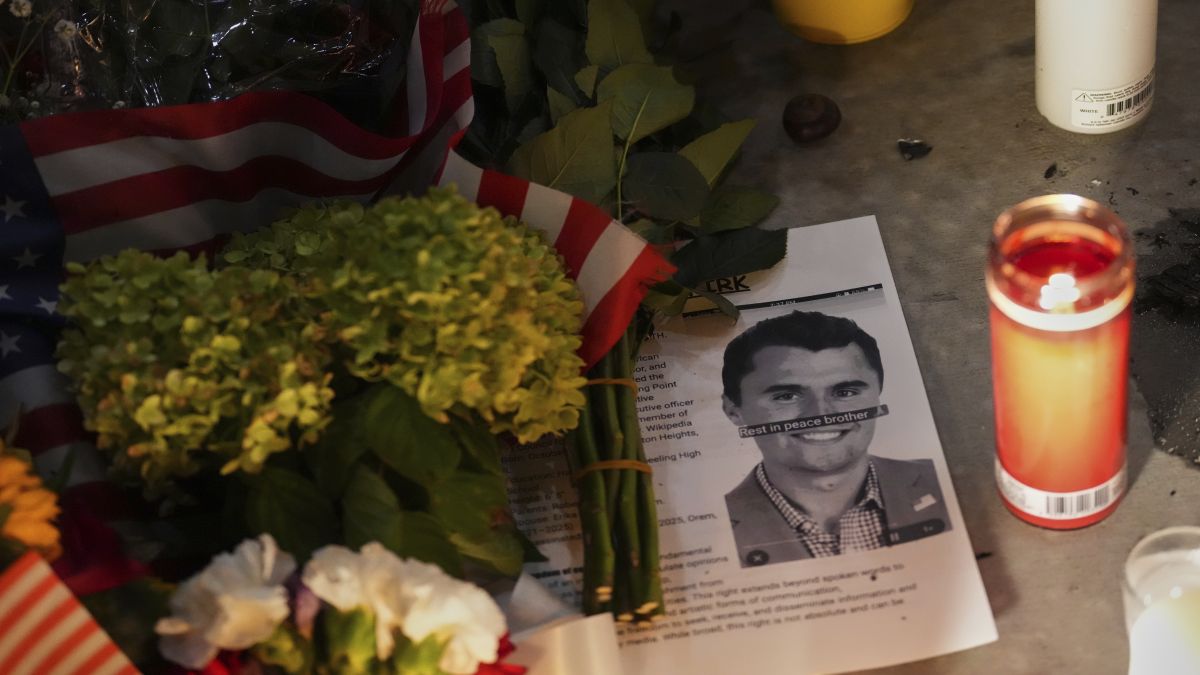)
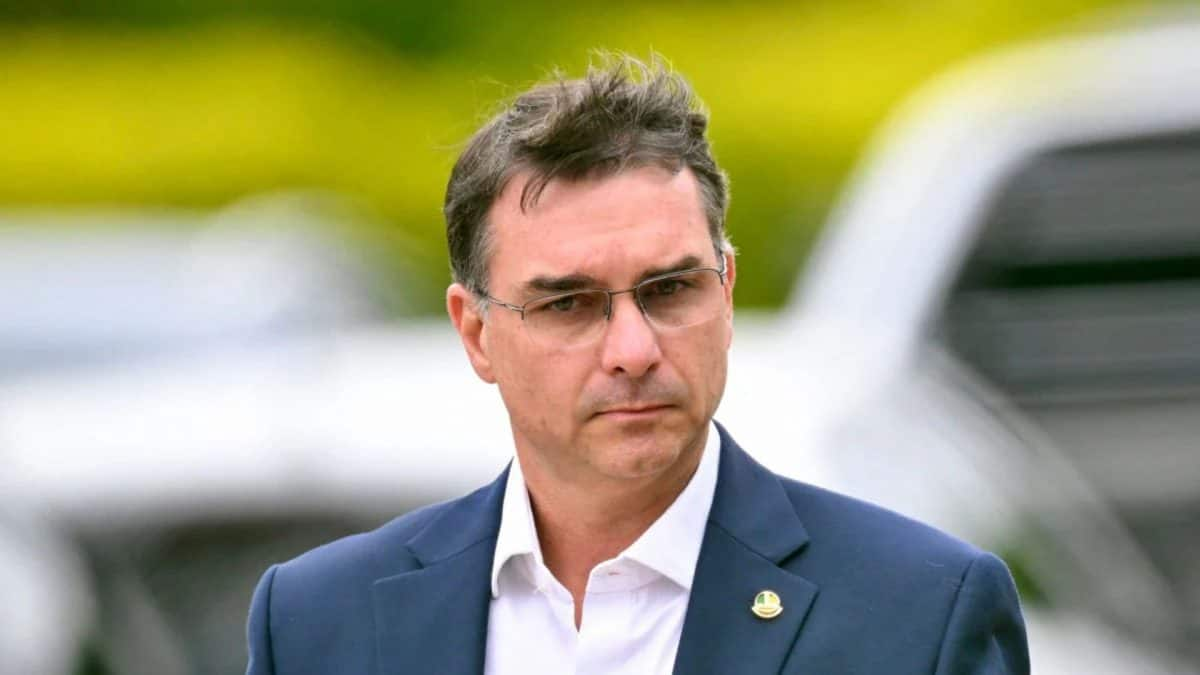
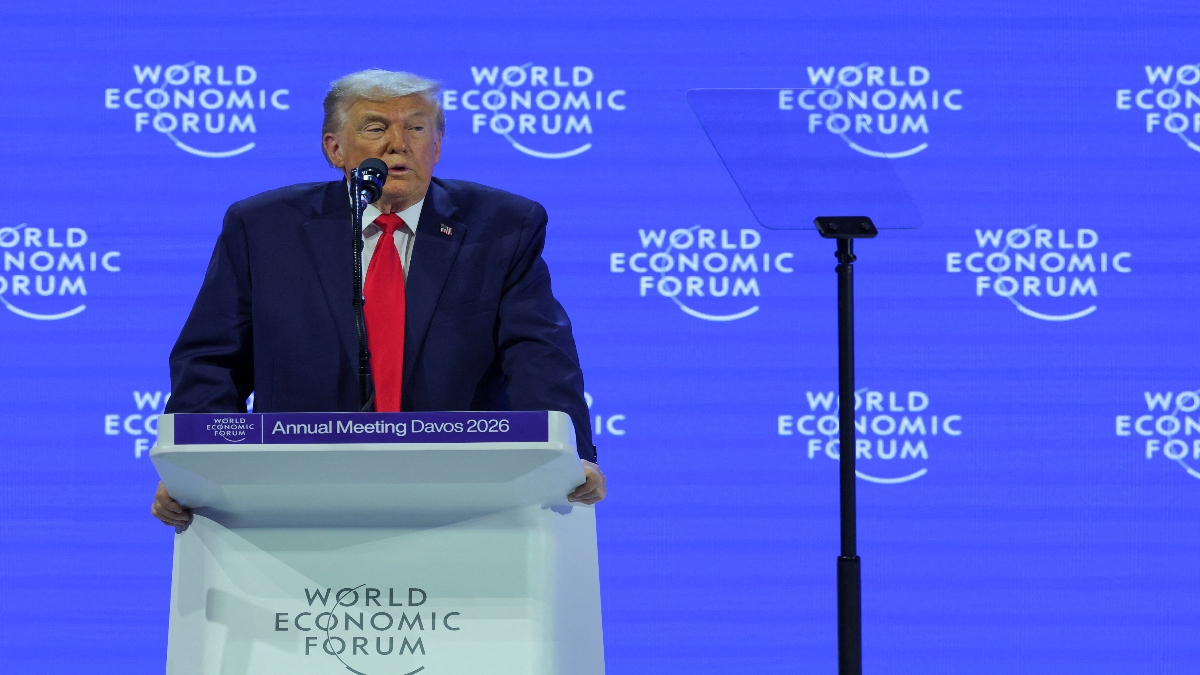)
)
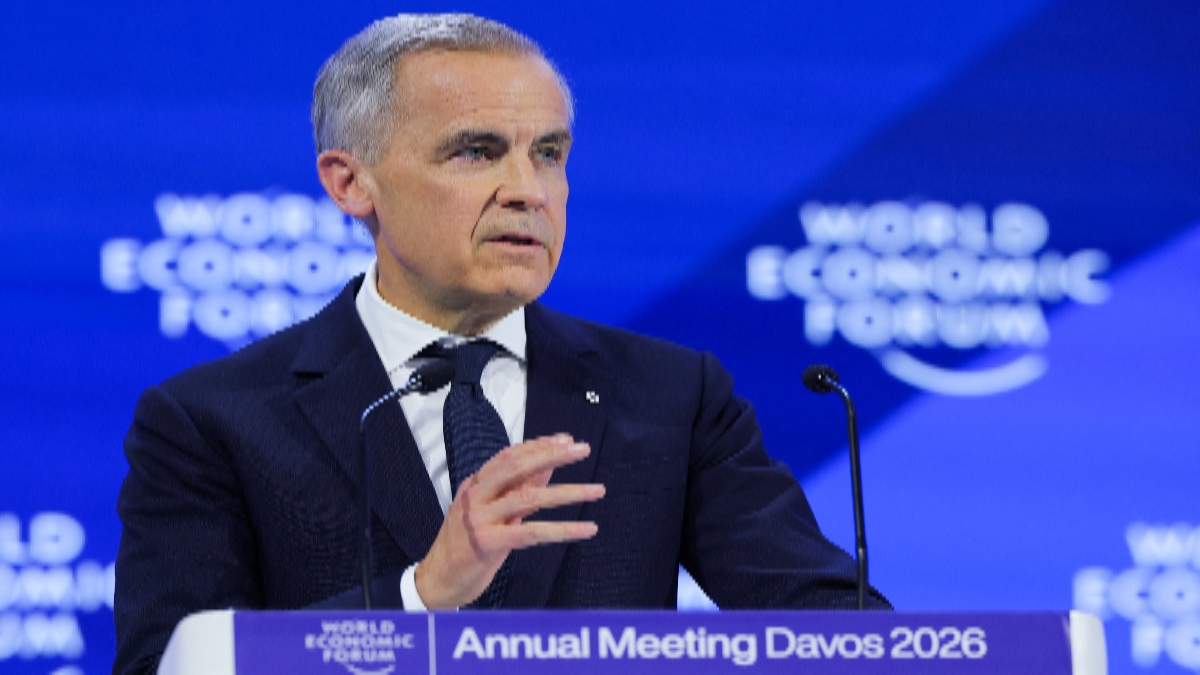)
)
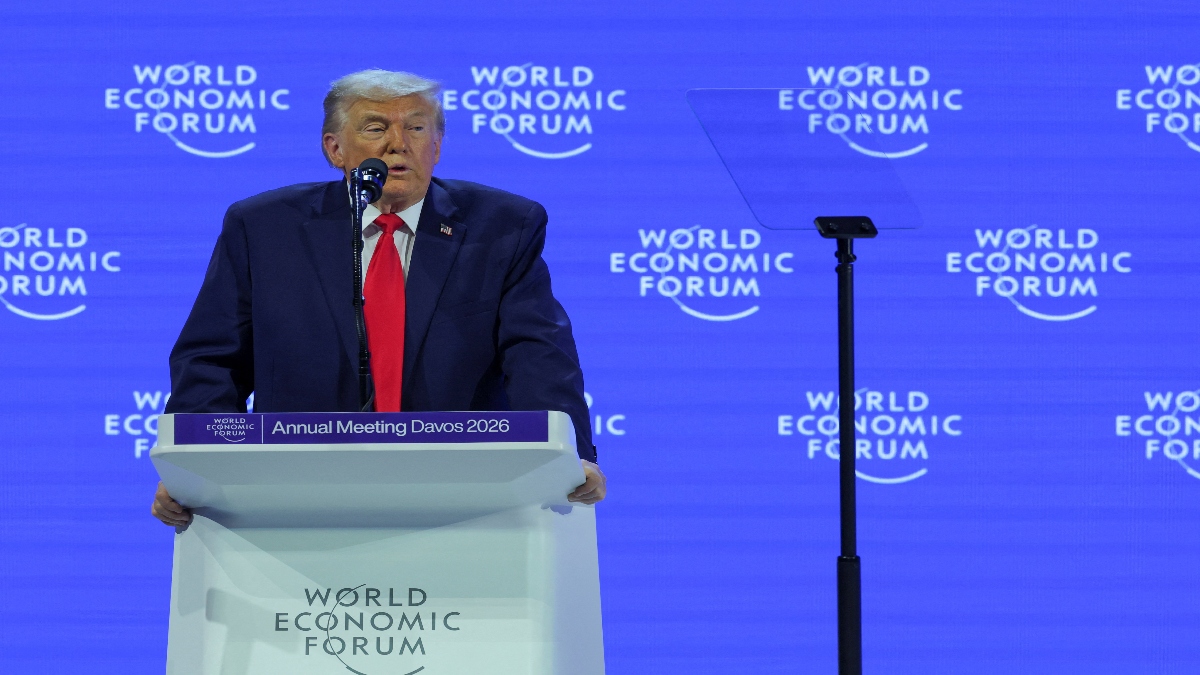)
)
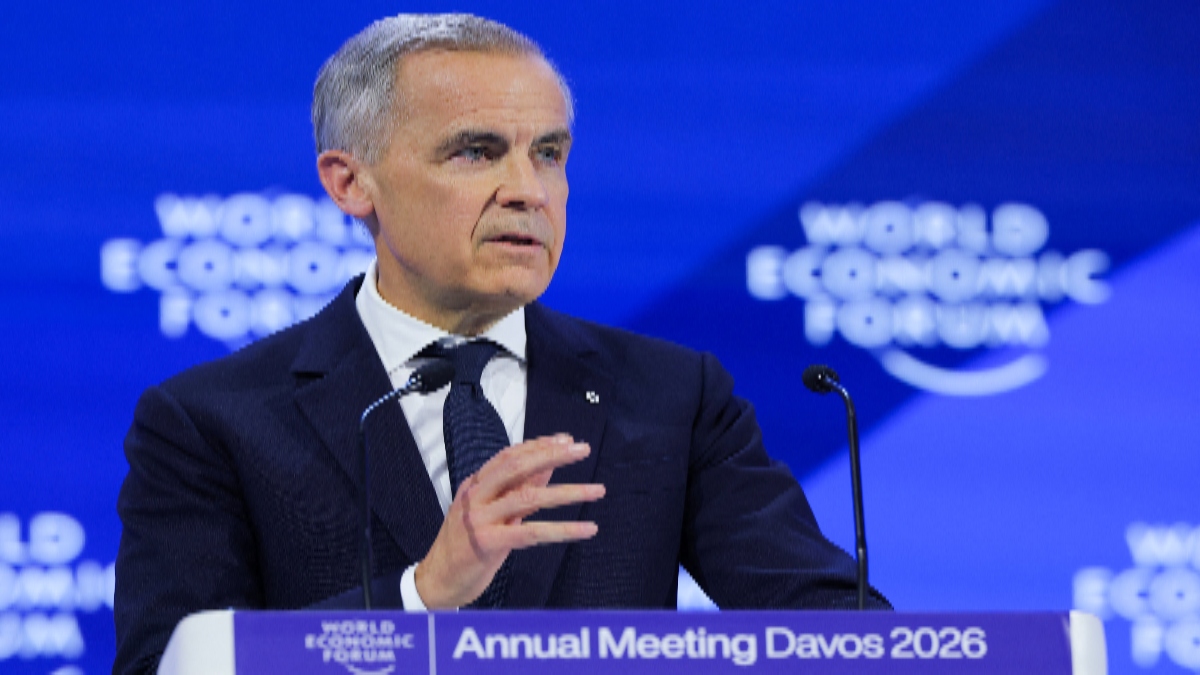)
)



